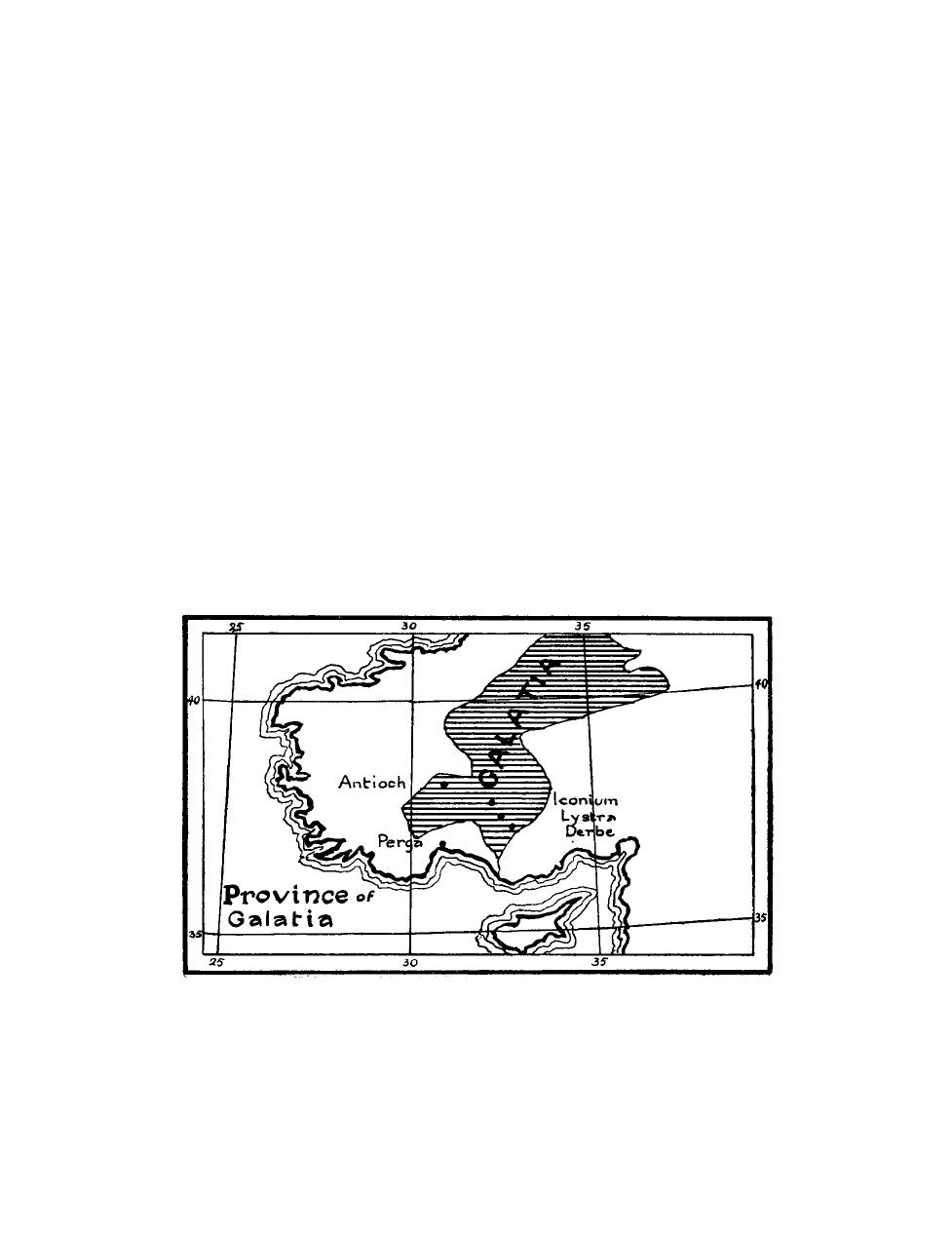
28
Towards the end of Acts 11 Antioch comes into view, with Barnabas travelling as far as Tarsus to seek Saul
(Acts 11:20,25). Nevertheless, Jerusalem remains the centre, for:
`... tidings of these things came unto the ears of the church which was in Jerusalem: and they sent forth
Barnabas, that he should go as far as Antioch' (Acts 11:22).
This section of the Acts closes with the return of Barnabas and Saul from Jerusalem (Acts 12:25). But with the
opening of chapter 13 commences the second part of the Acts, and here the interest centres in Antioch. In this city
Saul and Barnabas were commissioned by the Holy Spirit. From Antioch they travelled on their first missionary
journey, and to Antioch - not Jerusalem - they returned when the work was done (Acts 13:4;
14:26). This commission at Antioch was a remarkable foreshadowing of Paul's independent ministry, as we hope to
show in its own place: for the present we continue to follow the geographical indication of the book.
Paul's journey took him to Asia Minor via Cyprus. It has been shown by Sir William Ramsay that Antioch in
Pisidia, Iconium, Lystra, and Derbe, were all cities of the Roman Province of Galatia, although they were not part of
the original kingdom of Galatia, for that kingdom did not extend so far south. Consequently, we no longer have to
introduce into the history of the Acts imaginary cities which the apostle might have visited when he founded the
Galatian church. Instead of this makeshift we realise that in Acts 13 and 14 we have mentioned the actual cities of
Galatia to which the epistle to the Galatians was subsequently written. Moreover, this discovery removes the
difficulty which otherwise exists of placing the epistle, and gives us every reason to believe that the epistle to the
Galatians is the first written by Paul.
The accompanying map shows the position of Galatia as it was in the days of Paul.
Details and authorities for the revision of the ancient map will be found in The Apostle of the Reconciliation
chapter 8.
For the sake of any who may be puzzled by the references to Antioch in the text of page 44 and the name
Antioch on the map above, we would explain that there was one city named Antioch in Syria, and another of the
same name in Pisidia.